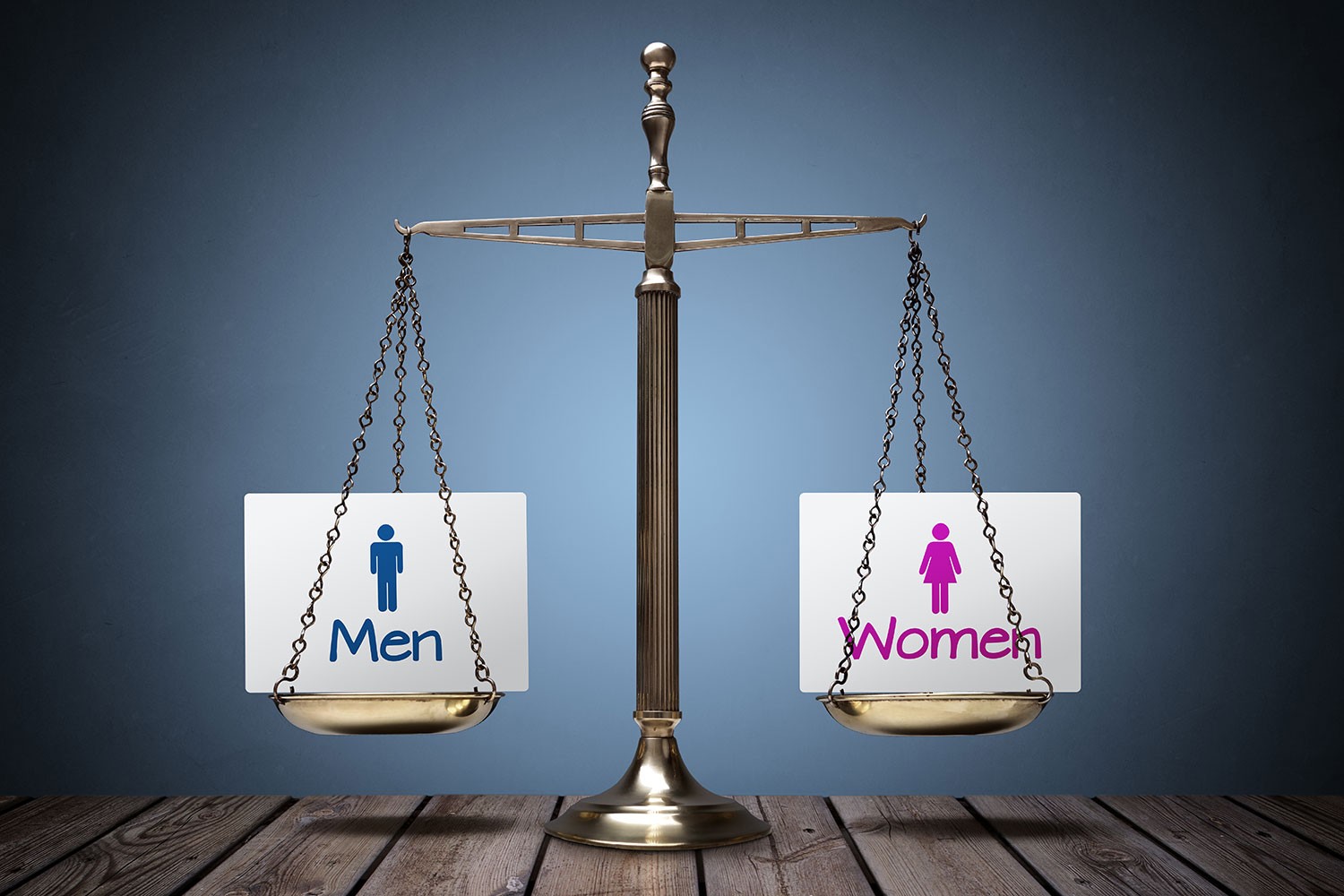The Equal Pay Act of 2003 (“Act”) prohibited Illinois employers with four or more employees from paying unequal wages to male and female employees for doing “the same or substantially similar work.”
Exceptions
If the difference in wages is based upon a “seniority system, a merit system, a system measuring earnings by quantity or quality of production,” then the prohibition against paying unequal wages to males and females does not apply.
Anti-Retaliation and Anti-Discrimination Provisions
The Act also prohibits employers from discriminating against employees who file a complaint under the Act or provide information to the Department of Labor to assist another employee.
Furthermore, an employer may not discharge or otherwise discriminate against an employee who asks about, discloses, compares or discusses his own or any other employee’s compensation. Employers with policies prohibiting sharing of such information should remove such policies to avoid potential liability under the Act.
Record-Keeping and Notice Requirements
The Act requires employers to keep records for three years documenting the name, address, occupation and wage or salary of each employee. The Illinois Department of Labor has the authority to expand those record-keeping requirements.
Employers must also post a notice, which the Illinois Department of Labor will furnish, regarding the Act.
Enforcement and Penalties
An employee, or the Department of Labor has three years from the date of discovery of an underpayment allegedly based on sex, to sue the employer for the underpayment. Under the original Act, if the employee prevailed, she could recover the underpayment, interest, costs and attorneys’ fees. If the Illinois Department of Labor prevailed, it could recover the underpayment, costs and a civil penalty of up to $2,500 for each violation for each employee. If the employer fails to pay the underpayment within 15 days after the order is entered, the employer is liable to pay a 1% penalty each day it continues not to pay, up to twice the original amount.
If an employee prevails under the anti-retaliation provisions, she can recover lost benefits, back and front pay, and liquidated damages that effectively double those amounts.
In addition to an employee’s private right of action and the Illinois Department of Labor’s right to bring legal action on an employee’s behalf, the Act also gives the Illinois Department of Labor significant power to investigate compliance with the Act. The Act gives the Department of Labor the right to issue subpoenas, interview and depose witnesses, compel production of documents and things, and enter and inspect workplaces.
Expansion of the Equal Pay Act of 2003 (“Act”)
On August 20, 2015, Illinois Governor Bruce Rauner signed House Bill 3619 to expand the Act to apply to all employers as of January 1, 2016.
The Bill further increases the civil penalties for violation of the Act as follows:
For employers with four or more employees: for a first offense, a fine not to exceed $2,500; for a second offense, a fine not to exceed $3,000; and for a third or subsequent offense, a fine not to exceed $5,000.
For employers with fewer than four employees: for a first offense, a fine not to exceed $500; for a second offense, a fine not to exceed $2,500; and for a third or subsequent offense, a fine not to exceed $5,000.
Individual Liability for Officers of the Corporation or Agents of the Company
Keep in mind that regardless of whether the employee or the Department of Labor sues, if an employer is found guilty of pay discrimination, the employer will be required to make up the wage difference to the employee. It is important to note that officers of a corporation or agents of a company could be held personally liable to pay owed wages for violations of the law by the employer.
Conclusion
Illinois employers should ensure that their employee compensation complies with the Illinois Equal Pay Act. In addition, Illinois employers should re-evaluate their policies with respect to the confidentiality of wage and salary information. Finally, Illinois employers should maintain compensation records for three years.
For further details or questions on the Illinois Equal Pay Act, please contact the Law Offices of Azita M. Mojarad, P.C.
